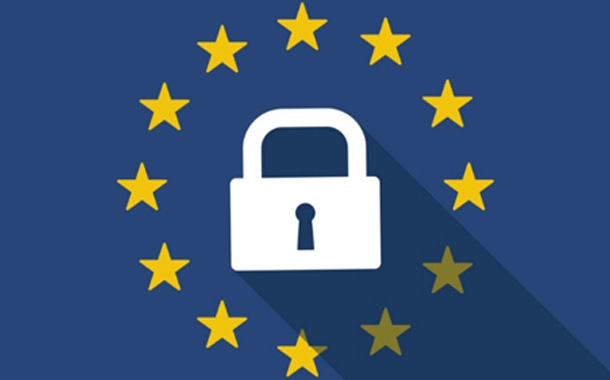The European Union’s General Data Protection Regulation (GDPR) will revolutionise how our personal information is farmed and managed. Businesses, large and small, have had at least two years to prepare for seismic changes to the laws that govern consumers’ rights over data and the day of reckoning is finally here.
The GDPR has underscored how fundamentally and increasingly complex it is to navigate the digital world. Some of the world’s largest companies have careened from one cataclysmic data breach to another and Facebook’s recent issues ensured GDPR went viral.
Its main thrust is to enhance citizens’ rights by strengthening the obligations on those who use personal data, the impact of stronger data protection laws will be considerable for telecoms, media and digital industries. As a fiercely competitive industry where data is king, if customers lose trust in an organisation’s ability to protect their data, they can, and will, find other providers.
The financial cost of failing to get the GDPR, is at 4% of global revenue. The GDPR introduces mandatory reporting requirements, bringing new elements of risk, such as reputational damage and class action lawsuits.
Already, there are plans by the EU to supersede the GDPR with even stricter privacy laws for platforms with its e-Privacy proposal. The troves of data that the telecoms sector has can be further harnessed so that it delivers more value to citizens. For example, companies can analyse data to understand consumers use services and then offering them products that they actually want and improve their experience.
Since the new rules prioritise consumers, there’s an opportunity for companies to benefit from the data economy. This will help keep the tech sector, whether its established telcos or smaller digital startups, competitive and encourage them to unlock unexpected value.
















